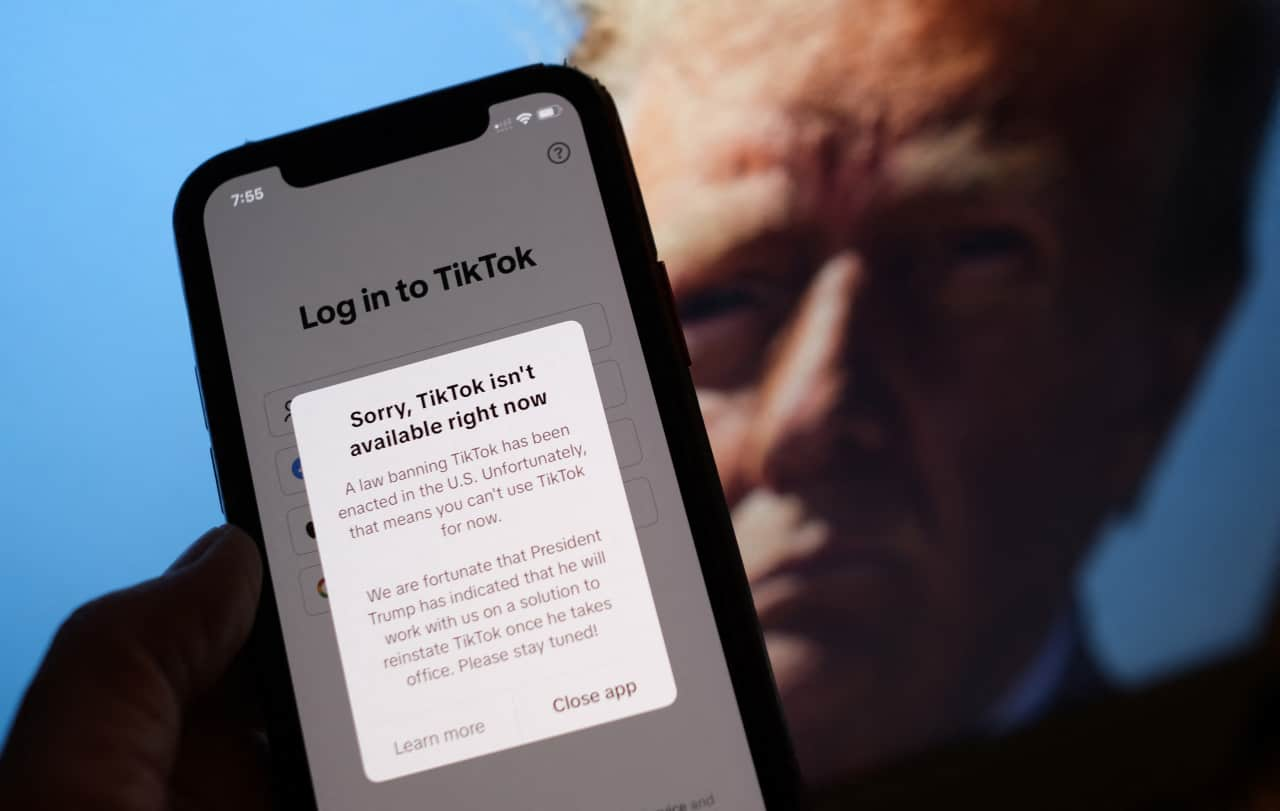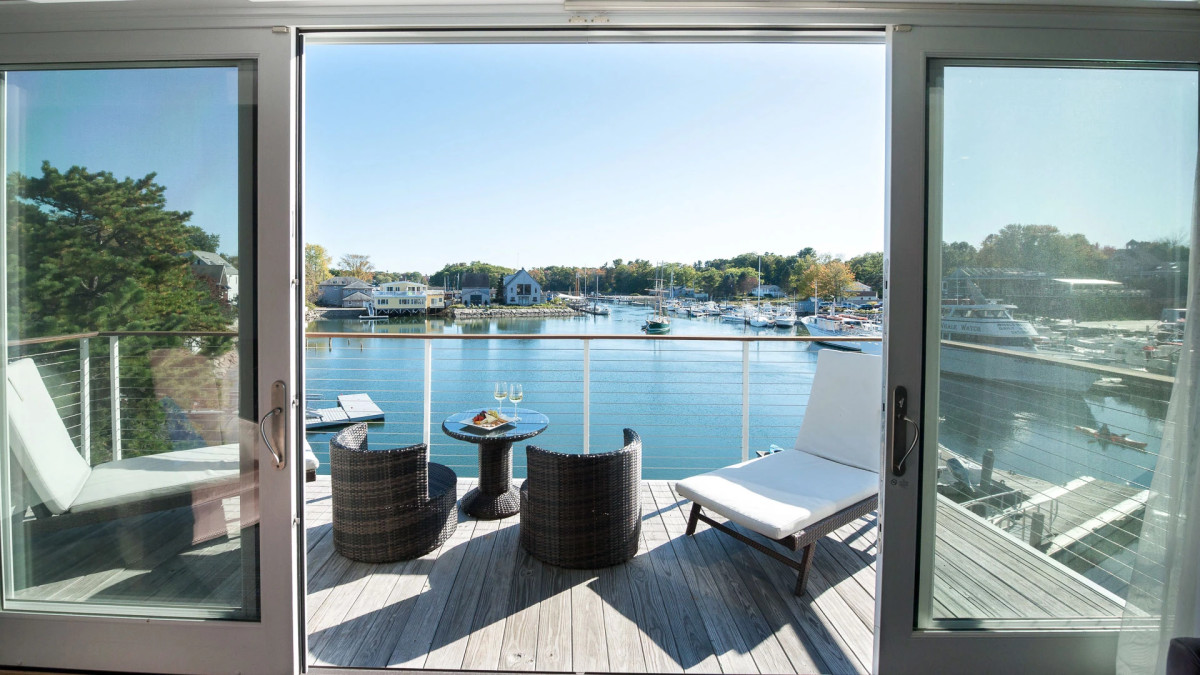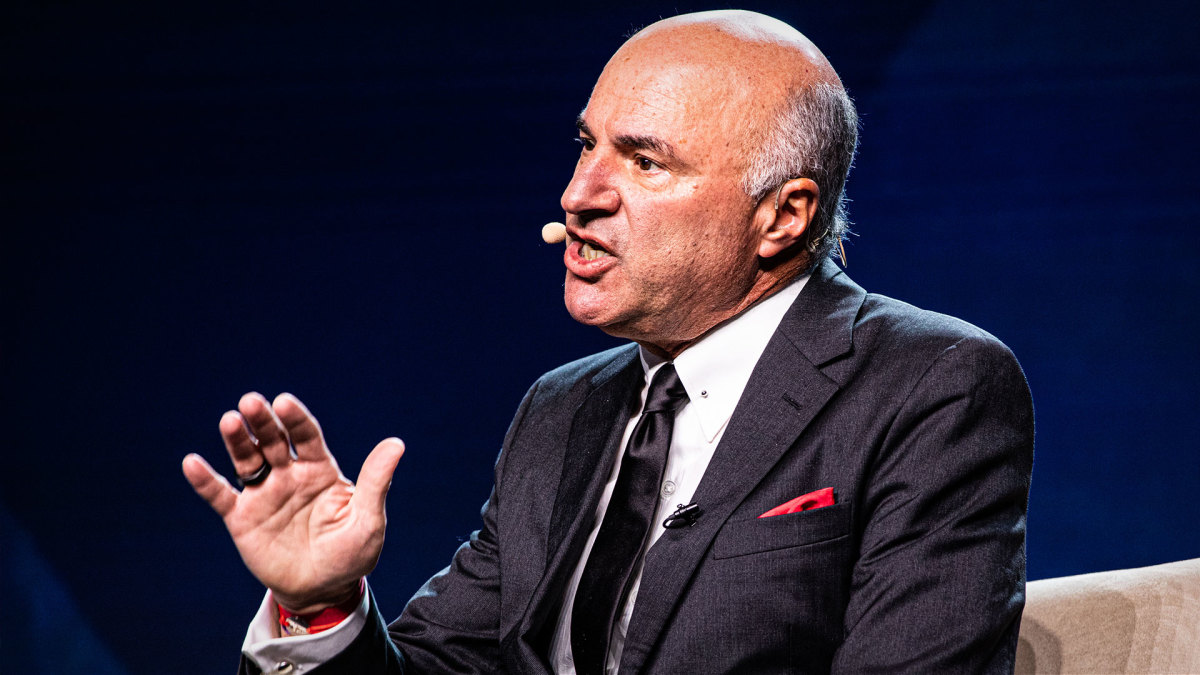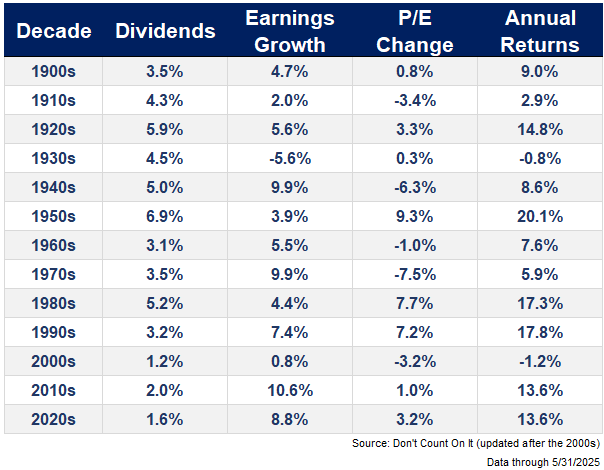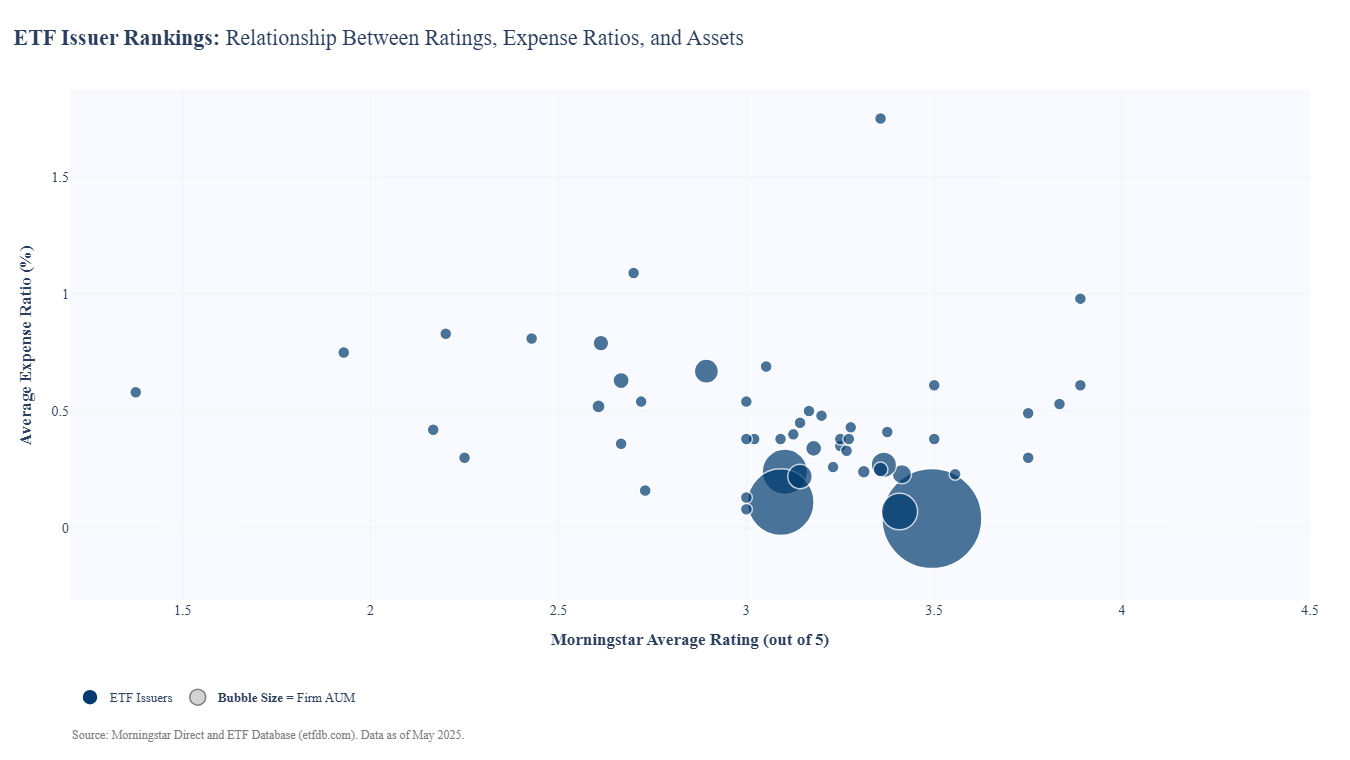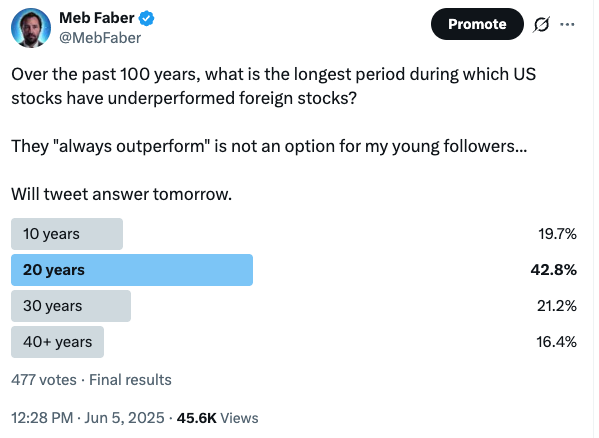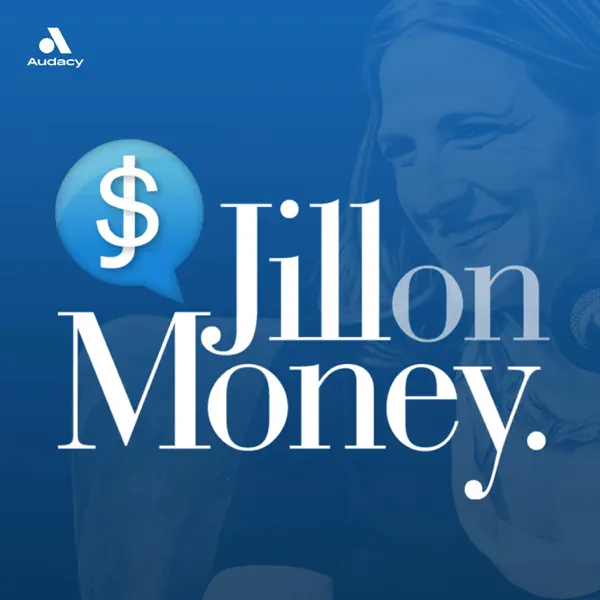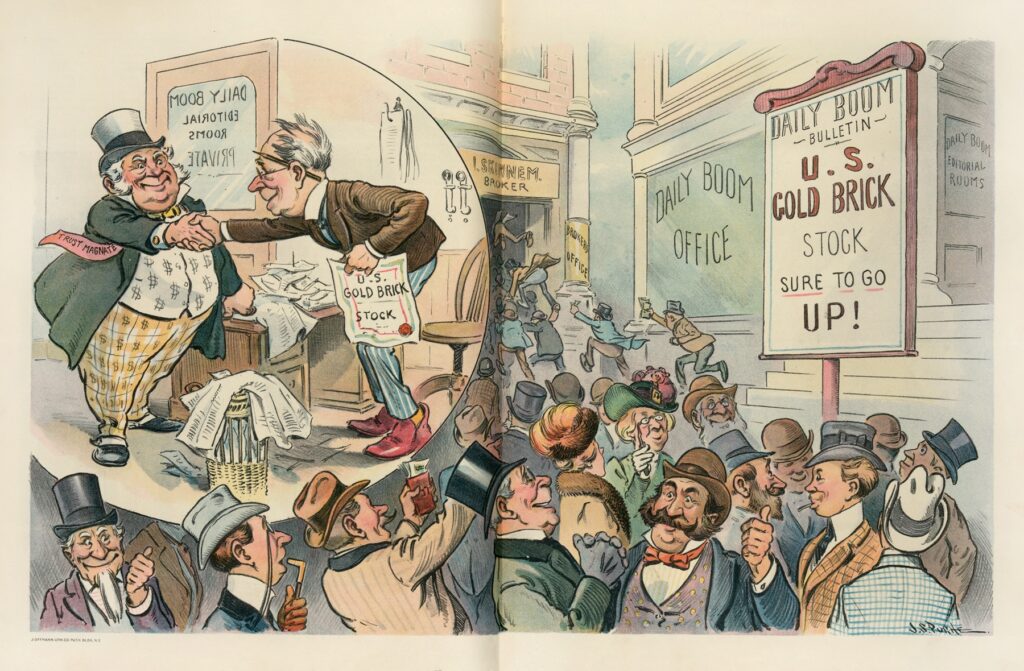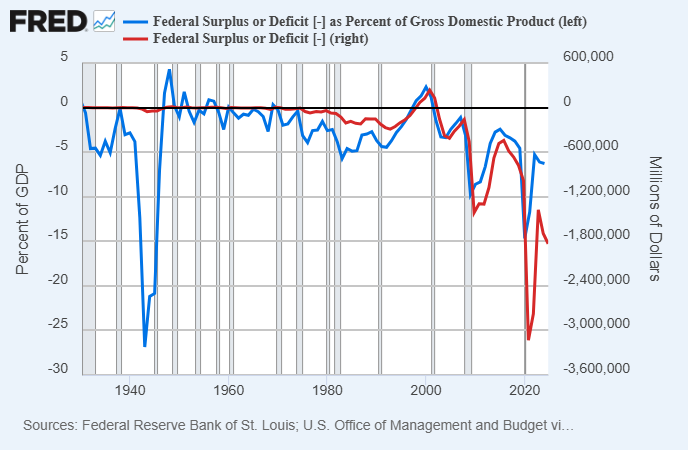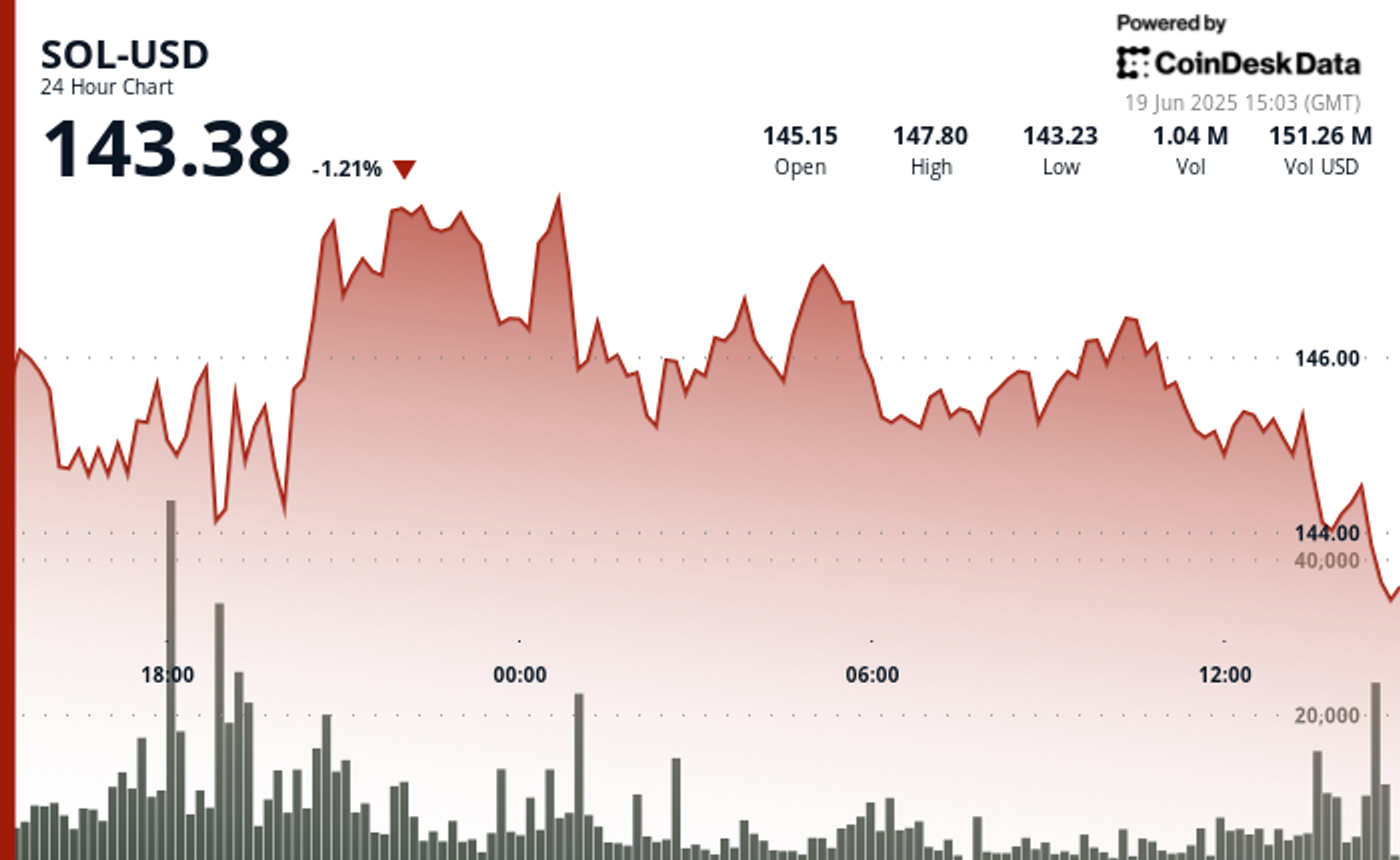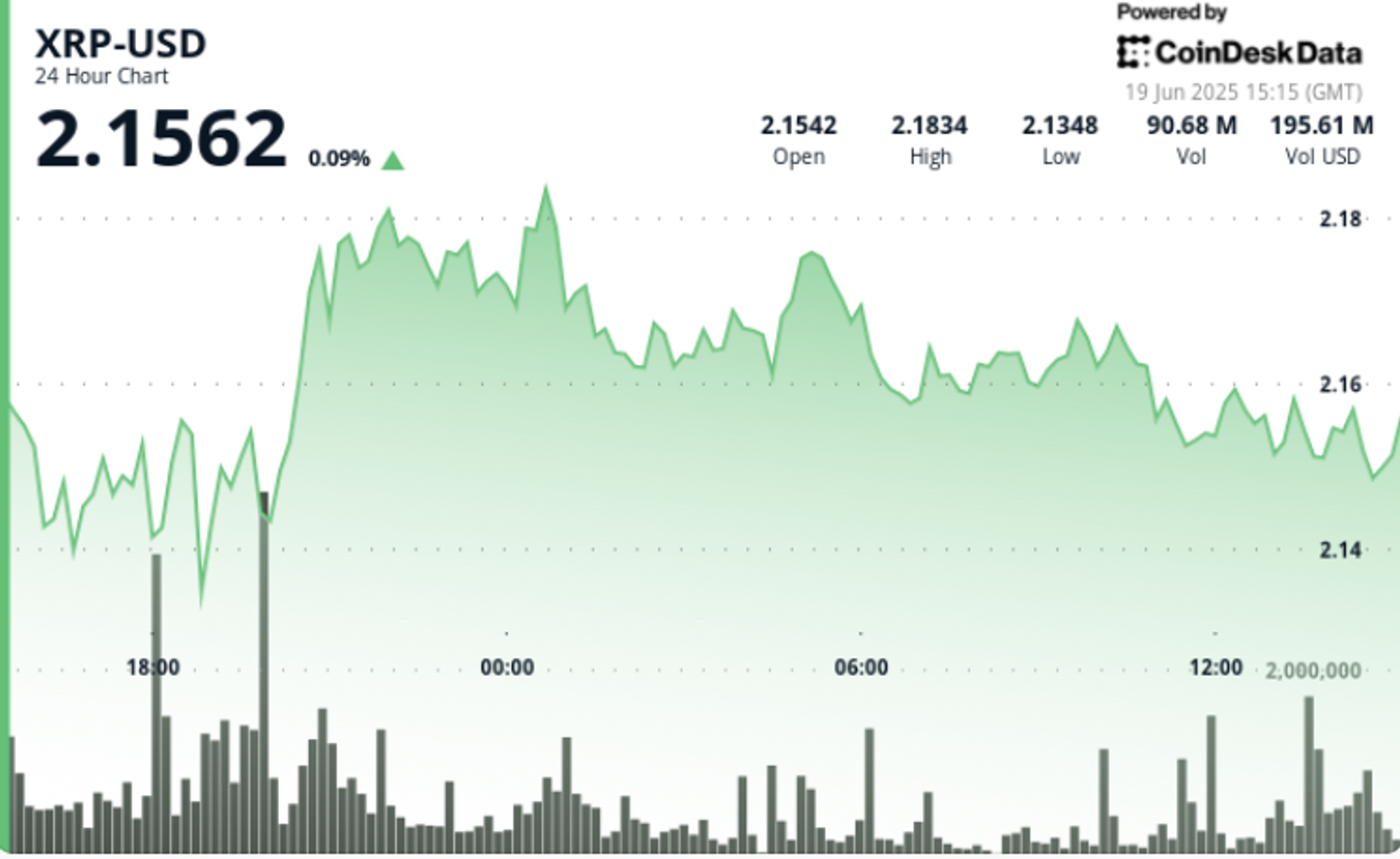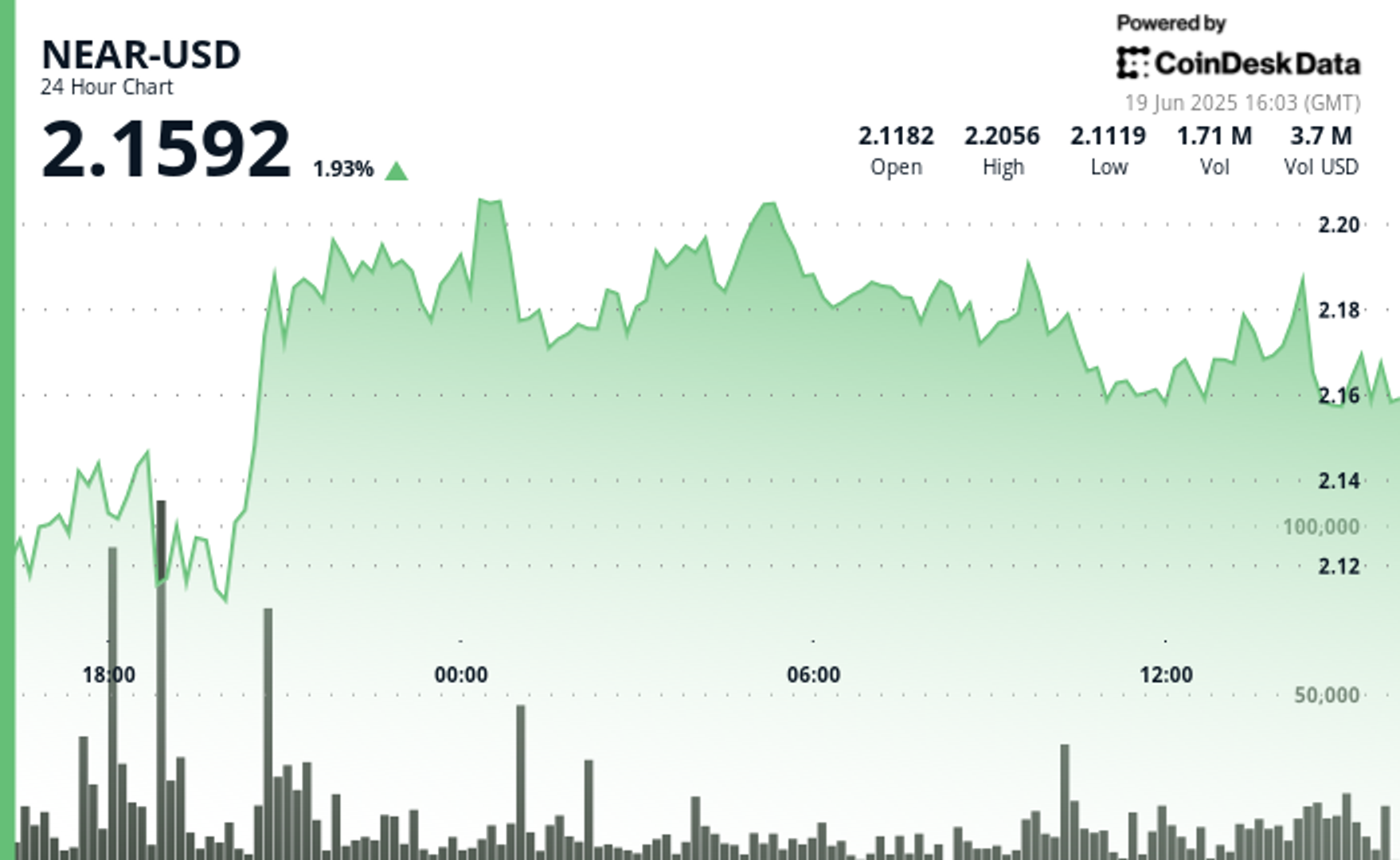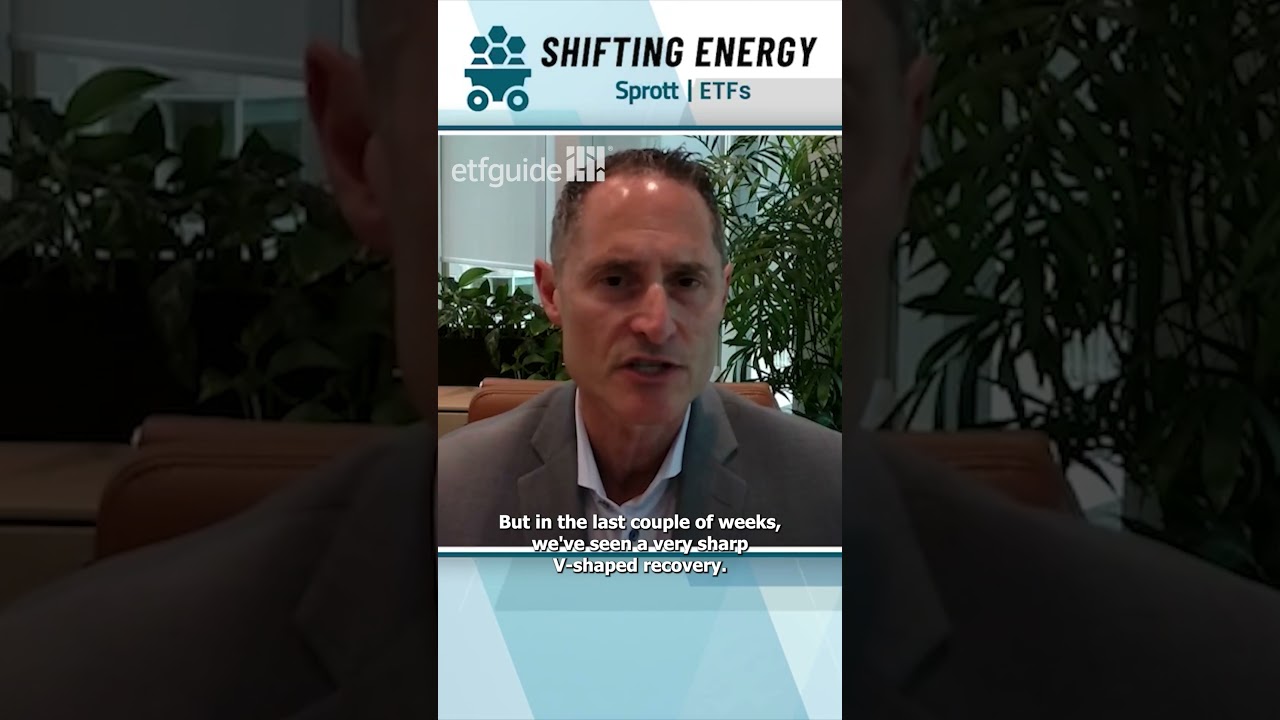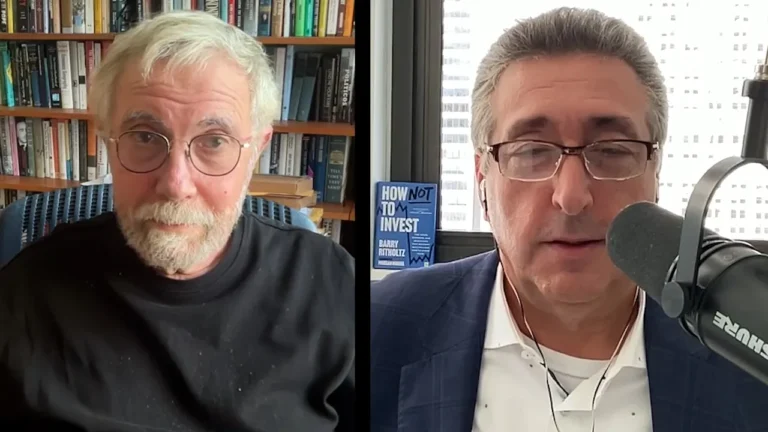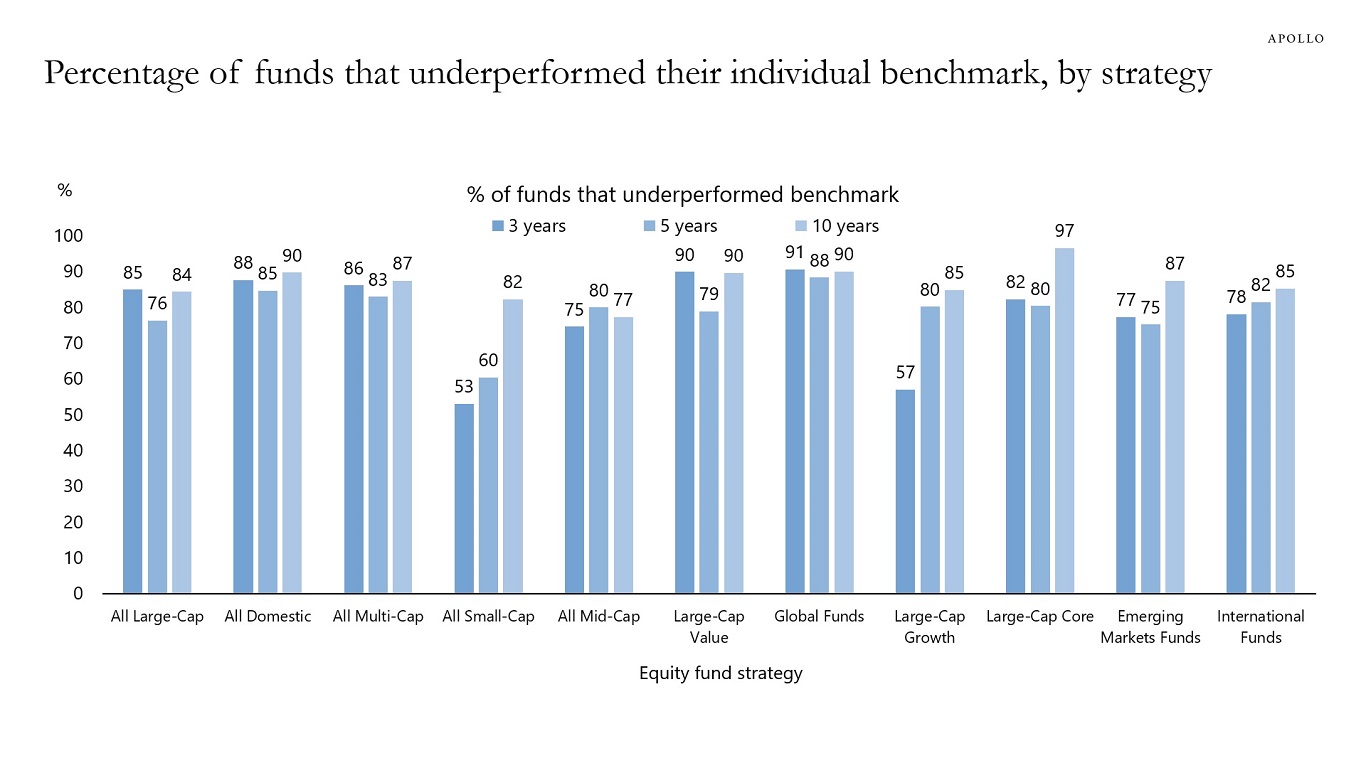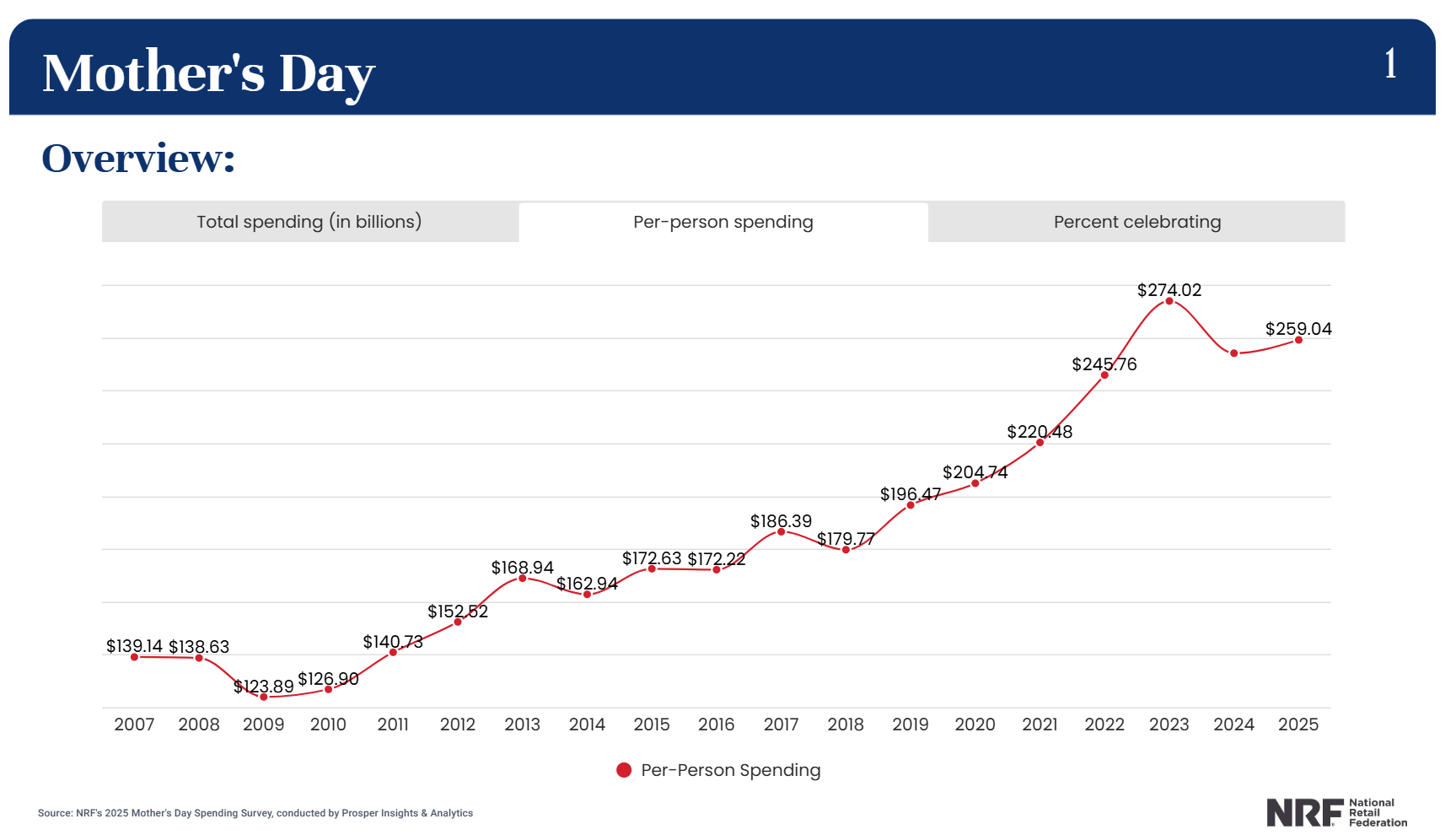At The Money: Buying a Vacation Home
At The Money: Buying a Vacation Home with Jonathan Miller (June 18, 2025) Buying a second home in today’s climate can be challenging: Interest rates are near the highest level in 20 years, and housing inventory is near record lows. So what’s a potential vacation property buyer to do? Jonathan Miller, President… Read More The post At The Money: Buying a Vacation Home appeared first on The Big Picture.

At The Money: Buying a Vacation Home with Jonathan Miller (June 18, 2025)
Buying a second home in today’s climate can be challenging: Interest rates are near the highest level in 20 years, and housing inventory is near record lows. So what’s a potential vacation property buyer to do? Jonathan Miller, President of Miller Samuel, discusses the best approaches for purchasing that beach, lake or mountain home today.
Full transcript below.
~~~
About our Guest:
Jonathan Miller is founder and President of Miller Samuel. His weekly Housing Notes is read widely throughout the Real Estate industry. For more info, see:
Previously:
At the Money: The Best Way to Buy a House Right Now (November 15, 2023)
At The Money: The Best Way to Sell Your House (December 27, 2023)
~~~
Find all of the previous At the Money episodes in the MiB feed on Apple Podcasts, YouTube, Spotify, and Bloomberg.
Transcript:
Barry Ritholtz: Have you thought about owning or buying a vacation property? Would you like a place to take the family to on a lake near the beach or up in the mountains? I have, and I know a lot of our listeners have also.
Let’s bring in Jonathan Miller, a CEO, and founder of Miller. Samuel, a highly rated. Data analytics and research firm covering the housing market. He has written a number of pieces on vacation homes, second property, luxury properties, and what’s happening in that market.
So Jonathan, let’s just talk a little bit about what’s going on in the second home market, whether it’s the luxury market or not. Tell us a little bit about what’s going on out there.
Jonathan Miller: We had, coming outta the pandemic, we probably had the biggest second home purchase boom in history as people were coming, you know, sort of reengaging with the outdoors again, after the pandemic, and then in the last couple of years, we’ve actually seen a big drop off in second home, purchases.
Now, I would describe it as nor more normalized, where it’s more consistent with seven or eight years ago before the pandemic. Um, and comparisons against. The last few years are probably unfair to the market.
Barry Ritholtz: What’s going on then with the supply of homes for sale? Obviously 20 21, 22, a lot of supply got sucked up as a percentage of average home numbers for sale. That number seems to have plummeted. Has that normalized yet?
Jonathan Miller: It depends on location. The way I think of it is, we are seeing a big uptick in supply. But it depends on where the uptick began. You know, did it become, begin at a record low number? And now it’s, you know, we have some markets, a lot of markets that are still behind, pre pandemic inventory levels, but we have a growing number of markets that are sort of catching up or exceeding. But it is very location specific.
Let me guess, let me take a few guesses. I, I’m gonna guess that we’re seeing a big uptick in supply in, in southern Florida. Yes. And not as much supply in, let’s say. The Hamptons or Jersey Shore off of New York or Newport or any of the vacation destinations off of Boston. That’s just my instinct. I’m curious what your data shows.
It shows exactly that. Another way to really look at this simplistically is I think of Sunbelt versus everybody else.
Sunbelt new product can be built faster. We you know, the whole moving away, something cheaper housing market, which tends to be in the south was sort of overdone.
And now there’s a big difference even within South Florida. You look at Miami-Dade is really seeing, um, a lot of supply come in, significant about 50% over the last year. Wow. Up and um, but then two counties to the north go Broward and then go Palm Beach County.
Palm Beach County is seeing declining inventory. I don’t think there’s a correlation with the further south you go, the more inventory is rising, but, that seems to be the, what’s actually happening in Florida.
Barry Ritholtz: Palm Beach kind of reminds me of East Hampton or Sag Harbor, something like that. So it’s more, you know, east end of Long Island. Is it fair to say that a lot of parts of places like South Florida just became victims of their own success? There was such an exodus from California to Texas, from New York, New Jersey, Connecticut to Florida. It just seemed to overwhelm the infrastructure and the supply. Fair statement?
Jonathan Miller: That’s a very fair statement. And then throwing hurricanes on the Gulf side. Has seen a much faster rise. Supply than the ocean side of Florida. I wonder too if that’s part of, you know, Canadians tend to gravitate towards the Gulf side and you know, with the trade war that we’re having right now, maybe that’s playing into it as well.
Barry Ritholtz: We were looking of all times January, 2020 on the Gulf side in places like St. Petersburg for a winter home, and then the pandemic shut everything. And when everything reopened. I wasn’t as surprised about the big increase in home prices as I was the giant increase in things like insurance, taxes, HOA fees, it got to the point: Wait if, if I’m gonna spend 60 or 80 or a 100 thousand dollars a year on everything around the house, not actually buying the house, hey, that pays for a lot of nice vacations. Maybe I don’t need to own a place in Florida. I could just visit?
How significant is the cost structure change in Southern Florida to what’s going on there and where else are we seeing that sort of spike in home ownership costs?
Jonathan Miller: Right. So, you know, in the old days when you bought a house and you were worried about the interest rate and the price of the house the costs of home ownership beyond that were sort of a rounding error. You weren’t thinking about the cost of insurance, real estate taxes. What we’ve been seeing, uh, in the last several years is a big jump in not just the cost, but actually getting coverage in insurance.
When we think about other parts of the country that are sort of struggling, uh, I would, I would characterize this has more of a national condition now. California is wildfires, the, the Midwest is tornadoes, the southeast, and eastern seaboard is, and inland too is flooding.
There just seems to be this sort of rising tide (no pun intended).
Actually, the one thing that in all my research about this over the last couple of years, the most expensive, uh, uh, ca or insurance cost, uh, relative to home prices is the Midwest. It’s not Florida.
It’s not wildfires in California, because housing is so much less expensive in the Midwest, but the insurance, as a percentage, it’s a bigger chunk. It’s a bigger, bigger liability or expense.
Barry Ritholtz: So we were just in Chicago a week or two ago and what was so interesting, so I’m in Chicago every year for Thanksgiving, for forever.
I always find the Midwest and Chicago in particular. A smaller, more manageable, more rational, much more affordable version of New York City, but a lot of people we spoke to there in Chicago, in Detroit, in Milwaukee, there are all the Great Lakes, like what we talk about on the East Coast with beach property, Hamptons, Fire Islands, Jersey Shore, Delaware, go down the whole list.
They all talk about, some people have homes on Lake Michigan, or if you’re coming from Grand Lake Streams, you there, there’s just a run of vacation properties and the prices seem almost reasonable. What are you seeing in the Midwest market for real estate prices?
Jonathan Miller: It’s always really dangerous to sort of make a living in the east and then go to the Midwest and and look at housing prices and it’s almost entertainment because the affordability, um, you know, to buy a vacation home in say, Wisconsin, north of Chicago, where I used to live, you know a reasonable, but not to locals.
Barry Ritholtz: My head trader in the office after this whole, we had a big event in Chicago. He’s like, oh my God, I can’t believe how reasonable everything is here. I’m like, you and your fiance should move there. The only catch is we have to cut your salary 40% ’cause that’s the local wages.
Clearly home prices track local median income. I don’t remember if it was your research note. That talked about, (or maybe it was Paul Krugman’s) talked about all New Jersey as one of the densest populations in the country with one of the highest home price in the country, but an even higher median income on average. And so it turns out that paying a high price for homes in New Jersey is actually cheaper than an inexpensive home in another part of the country relative to your income.
So that really begs the question, how significant is local income to vacation properties, lakefront homes, and beach houses?
Jonathan Miller: In danger of saying it depends, but it depends. I think about a market that, that I lived in and cover, a market like Manhattan, which is known for lots of Piet De Terres you know, places in the city that people in the suburbs by homes there. Um, if you look at the median income in Manhattan, it has no bearing on the price of housing because there’s such an international and also affluence that gravitates there. So the media income doesn’t really relate. It’s, you know, it’s like, you know, 70,000. You know, you know, and the median home price in Manhattan is about ~1,000,000, right?
Barry Ritholtz: Which gets you a studio. (maybe a small one bedroom in a walkup).
Since you’re mentioning, um, foreign buyers, let’s talk about what’s going on, with the public policy and in particular, the dollar. We’ve seen the dollar fall, fall off from its highs recently, you talked about this in a recent research note.
What does the strength of the dollar mean for potential buyers of real estate from overseas? What has, let’s just call the damage to America the brand, the Black Eye that we sort of see Uncle Sam having. What does that mean for outside purchasers?
Jonathan Miller: At least at this point, it’s an offset in, in other words, that we’ve had periods of time where, you know, if you were coming from Europe, you were, you were enjoying a 50% discount off the currency play for a US home.
And so New York, had a tremendous, would have a tremendous surge every time the dollar got weaker. We had periods. I wanna say 2006, 2007, where I called it the “Irish Carpenter Syndrome,” where you had sort of, you know, people of modest means in Ireland getting 50% discounts on million-dollar condos in Midtown.
Barry Ritholtz: What about the other coast? What about Japan, China, Korea, it’s Asia buying San Francisco, LA Jolla, San Diego, and even across the border of Vancouver.
Jonathan Miller: A big driver is access to, to high quality universities. And so the Asian demand, that’s one of the amenities they’re really looking for over the long run.
The problem with the weaker currency or the weaker dollar, is that the. The state of immigration and the sort of what I call the tariff tantrums and the uncertainty that is abound at the moment, um, has essentially, at least in my anecdotal observation at this moment is, you know, it, it’s offsetting the benefit of a, of a discount that we’re not seeing the influx of international demand that we normally would expect during this, um, this type of dollar environment.
Barry Ritholtz: Since you mentioned the tariff tantrum, that seems to be keeping mortgage rates elevated. Does it really matter to luxury properties three, four, $5 million? Those are mostly cash deals I’ve learned from reading, your research notes. But what about, you know, younger folks in their, not in their twenties and thirties, but perhaps in their late thirties and forties who want a vacation property.
They’re not spending tens of millions of dollars. They’re spending something a little more reasonable, but they’re probably putting 10, 20, 30% down. And putting a mortgage on it. What are these elevated mortgage rates doing to that market?
Jonathan Miller: Iit’s restraining it. The way to think of rates is they’re sort of stuck just below 7% on a fixed rate.
When you’re looking at a second home purchase, you probably wanna add a half to three quarters of a percent to the rate of a primary residence.
Barry Ritholtz: It’s, so, it’s more for a second home mortgage than a. Primary home, primary residence.
Jonathan Miller: Yes. And the underwriting is a little tougher as well. There’s ratios that are a little bit tighter. That’s the way to think of it.
However, you know, you know. If you’re looking for like a break in pricing, you know, pricing now with the uncertainty and the rates being stuck in an elevated level, the rate of price growth is starting, you know, has been really over the last few months starting to ratchet down a bit.
Barry Ritholtz: So it’s plateauing?
Jonathan Miller: I would say plateauing is probably a fair term. Um, in some markets even slipping a bit. We still have markets that are rising, but those tend to be primary housing markets. Like if you’re in New York City, Metro Long Island, grew 10% last year. (Crazy. Absolutely crazy). Big numbers.
Barry Ritholtz: Since we mentioned the non-luxury second homes, let’s talk demographics a little bit. What about millennials and Gen Z.
Remember during the 2010s they stared clear from the initial housing market? They were forming households at a very low rate along the same time as builders had kind of pivoted post-crisis to multifamily and away from single family homes.
Not only are those generations now buying first homes. Some of them, I, I hesitate to say many of them, but some of them are looking at second homes. How do you think about demographics and where these folks look at a vacation property?
Jonathan Miller: You’re right, it, it, we’re absolutely seeing the millennials first. push into home ownership. Not just home ownership, but, second home owner ownership.
If you think about this at a top, sort of, at a top level, one of the things that’s been changing with, um, the baby boomer generation is buying homes or giving what the kids would wait until their parents passed.
Barry Ritholtz: inter vivos is the technical term. You’re making the gift while you’re alive.
Jonathan Miller: To bask in the glow. Yes. Right? Yes. Yes. And, that’s a thing. The quick observation is, in the eighties when I started up my company, it was very common in Manhattan for parents to buy like a studio apartment, sort of the size of a hotel room, for their kids that were going to college in the in, and it, and it would become a pied de terre for the family down the road.
Now they’re buying three, four, $5 million apartments and as opposed to little efficiency type places, we’re seeing a much bigger price tag on this. As you know, and, and I, and that is giving these, this generation sort of a, a jumpstart.
Barry Ritholtz: So you’re kind of implying, I don’t wanna say fractional ownership or co-ownership, it’s multiple generations of a family using the same second property. But what about those sort of things? We’ve seen business models of fractional ownership, or I’ve heard stories of close friends, two or three families co-owning a property. Is this a real trend or is this still a rounding error?
Jonathan Miller: It, to me, it’s more of a rounding error. You know, it’s an interesting storyline, but I’m not seeing that, it’s happening on the margin more than anything else.
What’s really interesting in the world of Airbnb; And investor ownership. Lenders ask for a higher rate for that, right? A higher mortgage rate if you’re financing. To my understanding, you can as long as you on a second home, as long as you control the house – meaning you don’t have tenants in it for more than six months – you can claim it as a second residence.
Barry Ritholtz: What does that do for you tax-wise, if it’s a second residence? Well, as opposed to a business.
Jonathan Miller: I don’t know. you know, every situation is so different, but I know that with Airbnbs, if you’re using a professional manager to manage it for you, then it’s considered an investor property.
We’ve had in the Southwestern US. You know, there’s a massive oversupply of Airbnb properties that are not sort of covering the monthly costs. So I’m not necessarily encouraging that
Barry Ritholtz: There’s gonna be some supply coming on the market when people say, Hey, this just isn’t worth the headache. Is that the implication?
Jonathan Miller: That “I’m not getting the returns that I that I thought I would get,” you know, because everybody had the same idea at the same time. There’s certainly a place for it but I think it’s been a little bit over overused.
The other thing is when we think about Airbnb versus being an investor, a pure investor, in renting it out for, you know, for six months or a year is that you don’t get to use the property. Right, right. You know, and, and that’s been one of the selling points of Airbnb as a, you know, as a landlord.
Then the other thing is that generally, you know, when you look at their data, they generate about two and a half times the rent per square foot of a one year lease and some even generate more like “One Fine Stay” as a sort of luxury Airbnb and it’s like three times. Um, shorter term rentals are more expensive than longer term rentals. Yes.
Barry Ritholtz: I think everybody knows what are the super hot destinations. I know the super hot vacation home destinations, but I know you crunch a lot of data. What do you see as sort of up and coming, what do you see as hot that are probably gonna surprise most people who pay attention to real estate?
Jonathan Miller: I think if New Hampshire and Vermont really, which isn’t really. (More a ski location than beach place). That’s probably my built-in bias for going north.
When the kids were young for every vacation and not south. I, there just seems to be a, especially, probably more New Hampshire than Vermont, a tremendous, at least in the Northeast there was a from the pandemic through now, there was a tremendous boom in, New Hampshire housing because of the second home phenomenon.
What’s really interesting something that I. Hadn’t paid much attention to until the last couple of years is with the whole push for RTO, you know, return to office. Um, some people that are buying second homes really wanna be cognizant of their employers, you know, future policies on how often you have to be in the office.
Barry Ritholtz: I know I could take a cannonball from West Hampton into Manhattan, and it’s marginally longer than my normal commute into the city. But it raises an interesting question. How has the rise of the remote work (work from home) and the return to office RTO), how is that impacting buyer preferences for vacation homes and where they’re located?
Jonathan Miller: There was a word that somebody I was giving a presentation, right after the sort of dark days of the pandemic. And I remember a real estate agent, I was trying to describe that, you know, people moving to a second home market because they could work remotely.
I called it co-primary.
Basically it was a co-primary residence. What I found, people coming outta a pandemic were looking for quality of schools, if they had a young family, really, you know, they were looking at things that you normally don’t consider internet, quality things that you normally don’t consider when you’re buying a second home.
The holiday would be about second home is to get away from it all, but that’s been sort of co-opted by the need to work or the desire to reduce commuting or, who doesn’t like to maybe work in their pajamas,
Barry Ritholtz: So how would you recommend, given all of the apps, all of the data, all of the things that are out there, someone shopping for a vacation property, how should they be using an app like let’s say, Zillow or Redfin, in order to help them find a vacation property they really wanna own?
Jonathan Miller: The apps make it all accessible pictures. You can see lots of information. This sounds old school, but once you have that information, you know, you have. You know, you’ve looked at a, you know, online a dozen properties that sort of, you know, make sense to you.
You really need to see an agent. You need to talk to a human being. You, you know, and someone that’s a local expert in a market, which is a whole thing. Um, which you can through these apps, figure out, you know, does their name pop up all over the place? Um. And have them, talk you through it.
If there’s a moment in your life that you need handholding, even though you think you know everything, I think it’s home buying. You do, and all the sort of stories of they’re just trying to sell you a house. Um, but they’re also. They’re also, um, a wealth of information and, uh, you can’t get that online.
Barry Ritholtz: So, final question in two parts. What sort of advice would you give somebody who asks, Hey, I’m looking to buy a luxury property in a hot area, and what advice would you give to. A millennial, someone in their late thirties or forties, Hey, we’d love to have some reasonable vacation property. What, what do you tell those folks?
Jonathan Miller: The first is incredibly obvious. There is so much information at your fingertips in terms of understanding the cost, the additional mortgage expense, if you’re going that route.
Think about the equity that you have in your existing primary residence, if you have one. Right now we’re basically looking at record or near record home equity because of the the price growth that we’ve seen over the last five, seven years. Um, and maybe that’s a financing vehicle or an acquisition vehicle for your, your purchase.
Barry Ritholtz: Certainly down payment you could borrow from your home, even though it will have to be disclosed to the bank.
Jonathan Miller: Yes, yes. I, you know, and, um, you know, banks, uh, you know, listen, if you have a, a boatload of equity in your home, um, you know, it’s, you know, I, I see this quite a bit where people use that to buy a smaller home, a second home.
Barry Ritholtz: And, you know, we, as we’ve seen in the past. Leveraging up your primary residence to buy a luxury property, how could that ever go wrong?
Jonathan Miller: The, the sort of saving grace to that unlike during the financial crisis is that credit conditions remain tight. So lenders aren’t just giving away. Loans. If you have a pulse or fog and mirror like we had during the financial crisis.
It’s actually a thing. You know, they’re, they’re actually doing their due diligence, um, and
Barry Ritholtz: they’re doing their jobs. Go figure. That’s a crazy concept.
Let me refocus you on the luxury question ’cause I know you bought a property not too long ago. I bought a property not too long ago, and I was, I learned from your experience, I was completely frustrated by people making all cash offers for over the asking price. And I’m like, I can’t believe we lost another house. I thought we were in.
So someone comes to you and says. I’m doing pretty well. I got a nice bonus this year. We’d love to get a vacation property and we’re looking over $2 million. We’re not gonna go crazy, but we have a decent budget. What advice do you give somebody like that?
Jonathan Miller: The first thing is, you know, if you’re in a housing market with. Limited inventory New York Metro, the share of bidding wars of transactions is in the 40-ish percent rate, meaning that 40% of the closings the buyer paid over ask.
Barry Ritholtz: Wow. that’s a reality. Still, still 2025 that’s going on?
Jonathan Miller: Absolutely. It is not what it was. Six months ago. It was 50% more than 50% in the New York metro area, you know, outside of the city. The city isn’t seeing that city is a much lower number, but that’s sort of the reality. But then, you know, if you go to other markets, like we were talking about the Sunbelt, you know, that’s almost non-existent.
I just still think that the sellers are embedded with sort of a bravado that was built up during the pandemic. And I also think that buyers are, um, sort of have a bravado that they’re gonna get the most amazing deal. And so that the gap between them, is a lesson and it takes the parties a while to sort of meet halfway. Both have to sort of capitulate to the actual market conditions.
And part of what’s happened, things have happened so quickly, just with the tariffs and the confusion. I have this sort of cockamamie theory that came up out of, you know, the, you know, when we think about Tariff policy having flip-flopped at least 50 times, There’s this uncertainty that we’re sort of all living with, and in some ways that sort of chaos or uncertainty as it relates to housing becomes a constant as opposed to this new thing. It’s sort of it’s a reality. And if you’re in the housing market, you have to be sort of aware that there is a chaos to it still and don’t be afraid of it.
Barry Ritholtz: So to wrap up for those people searching for a vacation property, a lake house, a beach house, a mountain house, we’ve seen some uptick in the amount of supply and perhaps in some areas prices have stopped going up. At least not going up as aggressively as, as they have been.
But be aware it’s very regional, it’s very geographic specific. There is a demand for more of these properties, especially from millennials. And soon Gen Z. Keep your eye on what’s going on, get informed and work with a local expert to help find your dream vacation property.
I’m Barry Ritholtz. You are listening to Bloomberg’s at the Money.
The post At The Money: Buying a Vacation Home appeared first on The Big Picture.




















